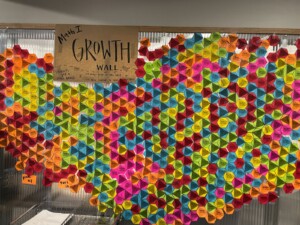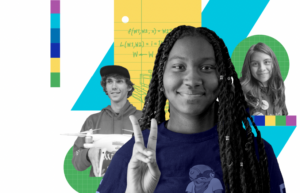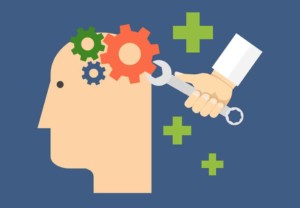Global Employment Markets Reward Competence & Initiative

Stanford prof Andrew Ng offered a free machine learning class online in 2011 and more than 100,000 people signed up. The following year, three young men that finished Ng’s course entered an an online essay scoring competition and won first, second, and third place in the Hewlett Foundation funded Automated Student Assessment Prize. The $100,000 prize purse was split between a Xavier Conort, a French-born actuary in Sinagor; Jure Zbontar, a grad student in Slovenia; and first place winner Luis Tandalla, an engineering student from Ecuador. The fact that three young men could take a free course and a year later be the best data scientists in the world–at least on this challenge–suggests that there is a new global talent market. With motivation and online resources, anyone can become the best in a dynamic field–and fast.
Globalization is being driven by increased migration, trade, investment, and especially by technology–communications, cloud-based information systems, workflow management and transaction management. Now that most intellectual work can be done anywhere, there is a big return on competence and initiative–and that is changing what, how, when and where we learn.
What to learn? “Learning and innovation skills are what separate students who are prepared for increasingly complex life and work environments in today’s world and those who are not,” according to The Partnership for 21st Century Skills (P21). They include creativity and innovation, critical thinking and problem solving, and communication and collaboration.
P21 further recommends life and career skills including cross-cultural skills, personal productivity, and leadership–and dispositions including adaptability, initiative and self-direction.
Similarly, Penn professor Angela Lee Duckworth determined that grit and self-control were key to success in life. On the other coast, Stanford University professor Carol Dweck uncovered the importance of a “growth mindset,” the belief that abilities can be developed through dedication and hard work. Dweck says that people with a growth mindset “believe that their most basic abilities can be developed through dedication and hard work.”
Innovation mindset is the best summary of these critical dispositions–the sense that effort, initiative, collaboration matter–and the opening chapter of my new book, Smart Cities That Work For Everyone.
How to learn? Historically, people have devoted more time and resources to learning content and skills and don’t often think about developing productive dispositions. These habits of mind are best developed through challenging experiences and reflection, and that can happen in a degree program and/or the school of hard knocks.
In a formal setting, challenging experiences could include:
- Projects, problems, and inquiry-based learning
- Simulations and game-based learning strategies
- Collaborative design experiences
- Socratic seminars, debate, and dialog
In the old days, we went to school until age 21 and then worked until 65. In the global economy, it is often necessary and productive to work and learn simultaneously. That could include working on an online degree related to the job you have or want. It works best when the learner has a boss and advisor willing to leverage the links between work and learning.
Companies that take talent development seriously, link work and learning experiences. Sectors like education are moving toward competency-based progressions with a map of what educators need to know, different ways to learn it, and ways to demonstrate mastery.
The global economy is expanding opportunity for billions but participation demands competence and initiative. Online learning–both formal and informal– is expanding access to knowledge and skill building. When it includes or supports, powerful experiences it can promote the habits of mind that lead to success and satisfaction.
For more on project-based learning, see:





0 Comments
Leave a Comment
Your email address will not be published. All fields are required.